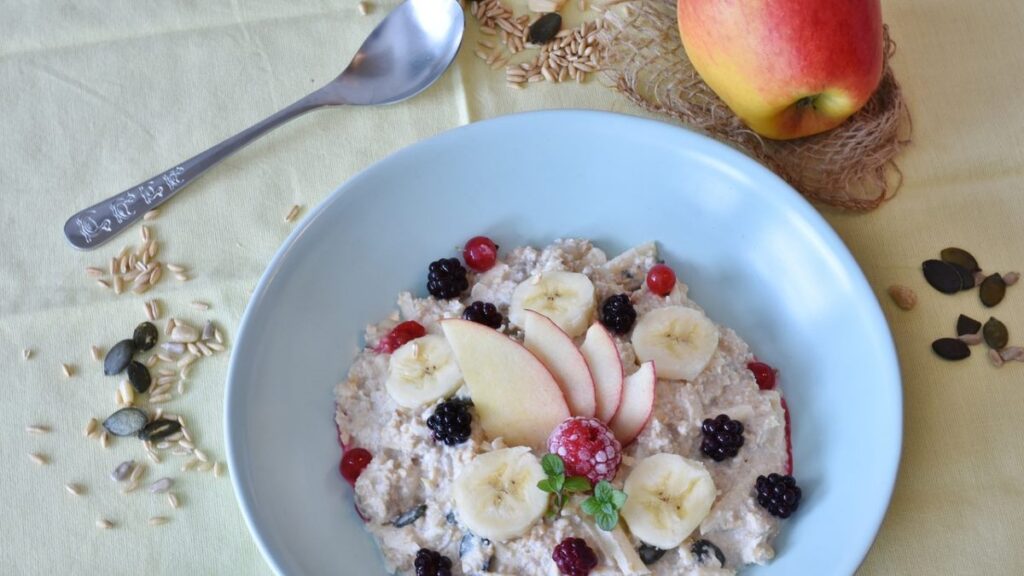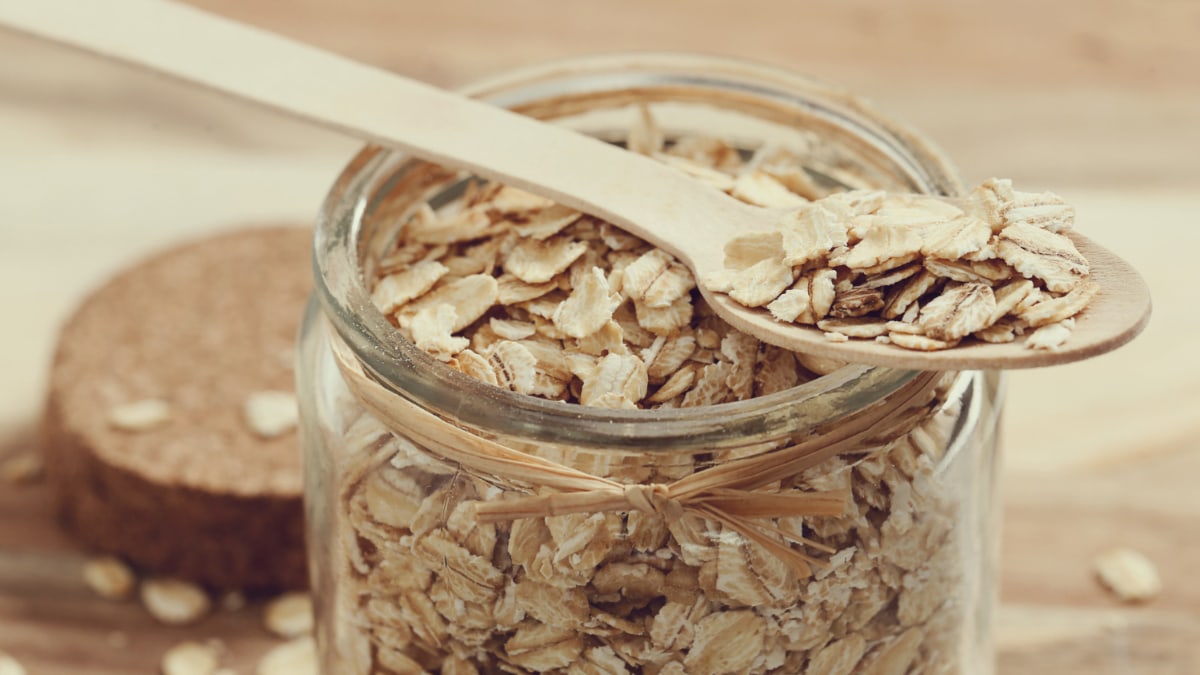Oats are grains belonging to the plant species “Avena sativa”. It is famous for its grains, which are used both for human food and for livestock. Oats are an important crop in many parts of the world for their culinary versatility and nutritional value.
Oat groats can be processed in a number of ways to make different products, one of the most common being rolled oats. Some of the better known products include:
- Rolled oats or rolled oats: These oat groats are flattened and pressed for easy cooking and use in foods like breakfast.
- oatmeal: Oat flour is obtained by grinding oat kernels into a fine powder. It is used to make bread, cookies, pancakes and other baked goods.
- Instant Oatmeal: This type of oatmeal comes precooked and usually comes in individual packets for quick cooking, making it a convenient option for a quick breakfast.
- Whole Oats: In this case, the oat groats have not been processed into flakes or ground into flour. Whole oats retain all parts of the grain, including the bran and germ, making them a more nutrient-dense choice.
oatmeal properties

Some properties of oats are:
- energy input: Oatmeal contains slow-absorbing carbohydrates that provide sustained energy and help maintain satiety, avoiding weakness and anxiety.
- high protein content: Oats have the highest protein content (13.8%) among grains, and when eaten with beans, you can get a more complete protein.
- rich in fiber: Contains 6.7% fiber to help satiety and maintain a balanced diet.
- minerals: A 50-gram serving of whole oatmeal provides 25% of the DV for phosphorus, 20% of the DV, 15% of the DV for iron, 50% of the DV for manganese and 22% of the DV for vitamin B1.
- Vitamin B: Oats are a good source of B vitamins, including vitamins B2 and B3.
- other minerals: In addition, it provides potassium, calcium, selenium, silicon, copper and zinc.
- Antioxidants and Anti-Inflammatories: Contains oat alkaloids with antioxidant and anti-inflammatory properties.
Benefits of Oatmeal
- reduce cholesterol: Oats contain a type of soluble fiber called beta-glucan. A daily intake of 3 grams of this fiber (equivalent to 75 grams of oatmeal or 40 grams of oat bran) can lower cholesterol within a few weeks. Plus, it contains other substances like lecithin and phytosterols that are effective in controlling LDL, or “bad” cholesterol.
- regulate blood sugar: Oats stimulate the activity of the pancreas and are a slow-absorbing source of energy and are therefore recommended for non-insulin-dependent diabetics as they help stabilize blood sugar levels. For example, consuming it with breakfast can help maintain more stable blood sugar levels.
- prevent cancer: Oatmeal has the effect of preventing certain types of cancer, such as colon cancer, breast cancer and prostate cancer.
- good for muscles: Avenin is a chemical variant of the hormone testosterone that helps maintain and build muscle, especially for athletes who require adequate levels of testosterone to maintain muscle mass.
- balance nervous system: Oatmeal contains vitamin B1, calcium, alkaloids such as indole, trigonelline and avenin, which can strengthen nervous system, promote relaxation, focus and prevent mental fatigue.
- Promote digestion: Oatmeal is easy to digest and relieves symptoms of digestive disorders such as ulcers, heartburn, gastritis, constipation (consumed when cooked with whole grains) or diarrhea (consumed with husks in decoction) and flatulence.

